Artificial Intelligence brings gospel glory in Senegal
The voice of Senegalese academic and Bible translator Mamadou Diop will have a profound gospel impact years after his death thanks to the wonders of artificial intelligence.
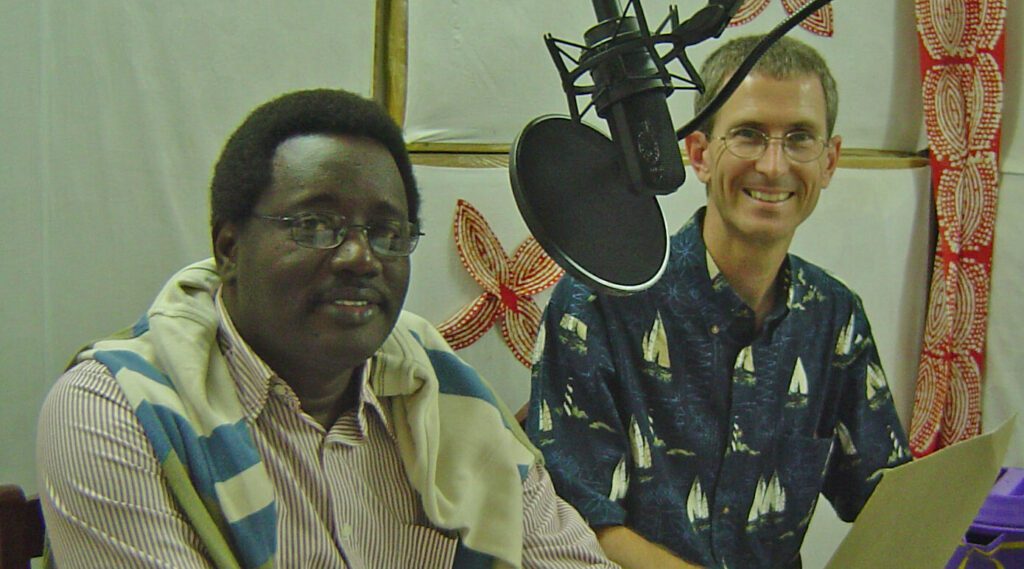
By Susan Akyeampong
The voice of Senegalese academic and Bible translator Mamadou Diop will have a profound gospel impact years after his death thanks to the wonders of artificial intelligence (AI).
Greek and Hebrew scholar Mamadou, who died in August, 2021, was the lead translator of the Bible into Wolof – a project which had taken many years.
From very early on in the translation process, the team had begun producing audio versions of the Bible books, vital in an oral culture like Wolof. They recorded books as soon as they were ready, capturing Mamadou’s rich voice as he read the Scriptures in Wolof. His readings were exceptional; his deep familiarity with the text and his skill as both a reader and storyteller infused the audio version with profound emotion and vivid narrative.
Even while recording the books, the team continued to work on the translations, revising and honing them to ensure they were as accurate as possible. They always intended to re-record the final form of the translation with Mamadou, but his passing meant they were in danger of losing his wonderful rendition.
SIM’s Corey Garrett, who partners with colleagues at WorldVenture on the publication and dissemination of the translation and recording work, said: “Mamadou had finished the final revision of the New Testament just before he passed away. Sadly, he hadn’t had time to re-record the newer, updated versions of the translations, which were maybe about five per cent different from the older ones.
“We didn’t want to lose the richness of Mamadou’s voice, but we didn’t know how we could save it and have an accurate recording of the corrected translations – and that is when we met with an AI specialist from the charity Faith Comes By Hearing, who are known for their innovative approach to spreading the gospel.”
It’s amazing how God is using this cutting-edge technology to advance his word. It’s much like he used Roman roads to facilitate the spread of the gospel in the early days of Christianity and makes you realise just how creative our God really is.
Incredibly, using AI technology, the team were able to replicate Mamadou’s voice from the old recordings. That allowed another Wolof speaker, Wunmi, to re-record the required verses and run them through the AI-powered converter so they sounded just like Mamadou.
This ground-breaking solution preserved Mamadou’s invaluable voice work, ensuring his legacy continues to resonate through the Wolof-speaking communities in Senegal and beyond.
Corey, who is the Ministry Point Person for Digital Strategies, said: “It’s amazing how God is using this cutting-edge technology to advance his word. It’s much like he used Roman roads to facilitate the spread of the gospel in the early days of Christianity and makes you realise just how creative our God really is.”
Corey is now focused on making the recording available to Wolof speakers, who make up the largest ethnic group in Senegal, in digital and audio formats. He uses targeted advertisements on Facebook to promote the recordings and other apps, reaching audiences far beyond where any mission worker could go physically.
One of those apps features the 99 names of God, a concept revered in Sufi Islam. Alongside each Arabic name in the app sits its corresponding Wolof translation from Senegalese Koranic scholars, alongside a Bible verse that illustrates that special name of God. In this way, a bridge of understanding between the two faiths is created. For example, some of the names are The Light, The Guide, The Creator, The Patient One – names that have wonderful explanations in the Scriptures.
The future holds even more promise. Corey’s team has partnered with Faith Comes By Hearing on another project that will dub a new Bible film with Middle Eastern actors into Wolof. This captivating series will soon include the Wolof audio Bible as narrated by Mamadou, bringing the gospel to a wider audience than ever before.
Please pray
- That the Wolof bible translation, both written and audio, will reach a wide range of people in Senegal and beyond.
- For wisdom and guidance as Corey and his team develop new digital strategies to share the gospel.
- That the bible will lead to spiritual transformation and growth among the Wolof-speaking people.
You might also like

For mission workers, a prayer letter is a way of inviting others into the story God is writing. SIM mission worker Mark Azzopardi reflects on how to write ...

In the glittering cities of the Arabian peninsula, one worker’s encounters with migrant lifeguards become a vivid reminder of the urgent call for Christi...
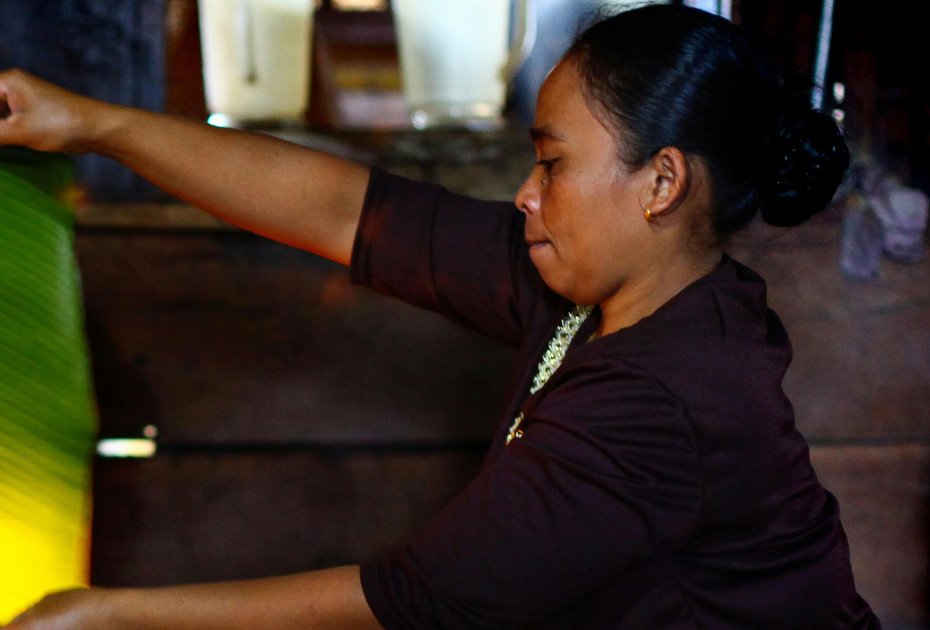
In West Timor, where poverty and limited opportunities leave families vulnerable to exploitation, anti-trafficking work is focused on walking alongside com...
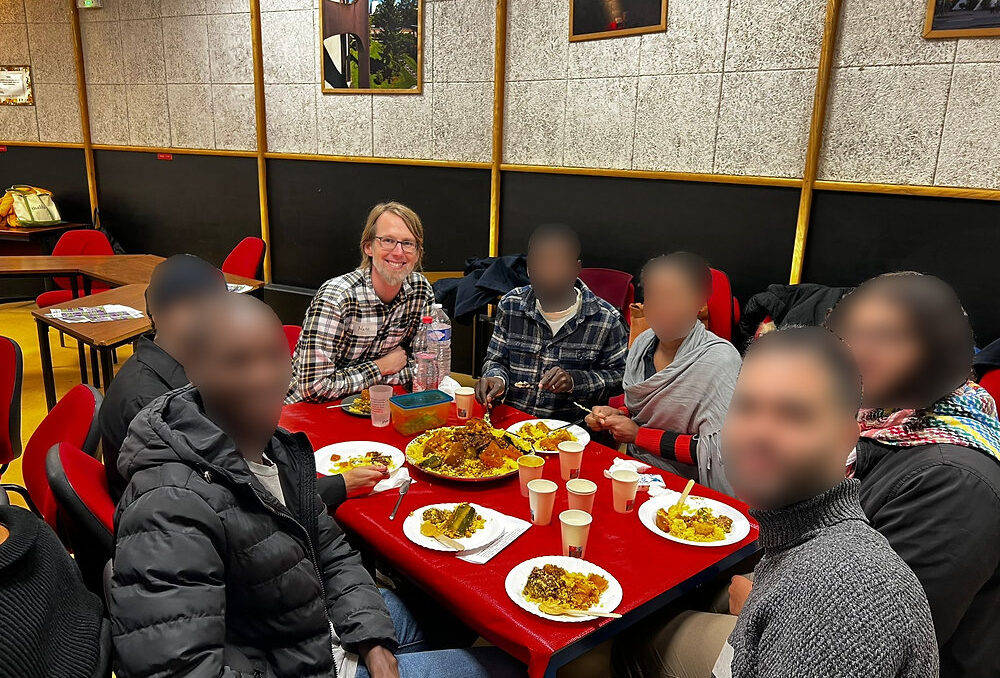
As Ramadan approaches, mission worker Nate based in Strasbourg reflects on why respectful interfaith dialogue matters — and how genuine friendship, peace...
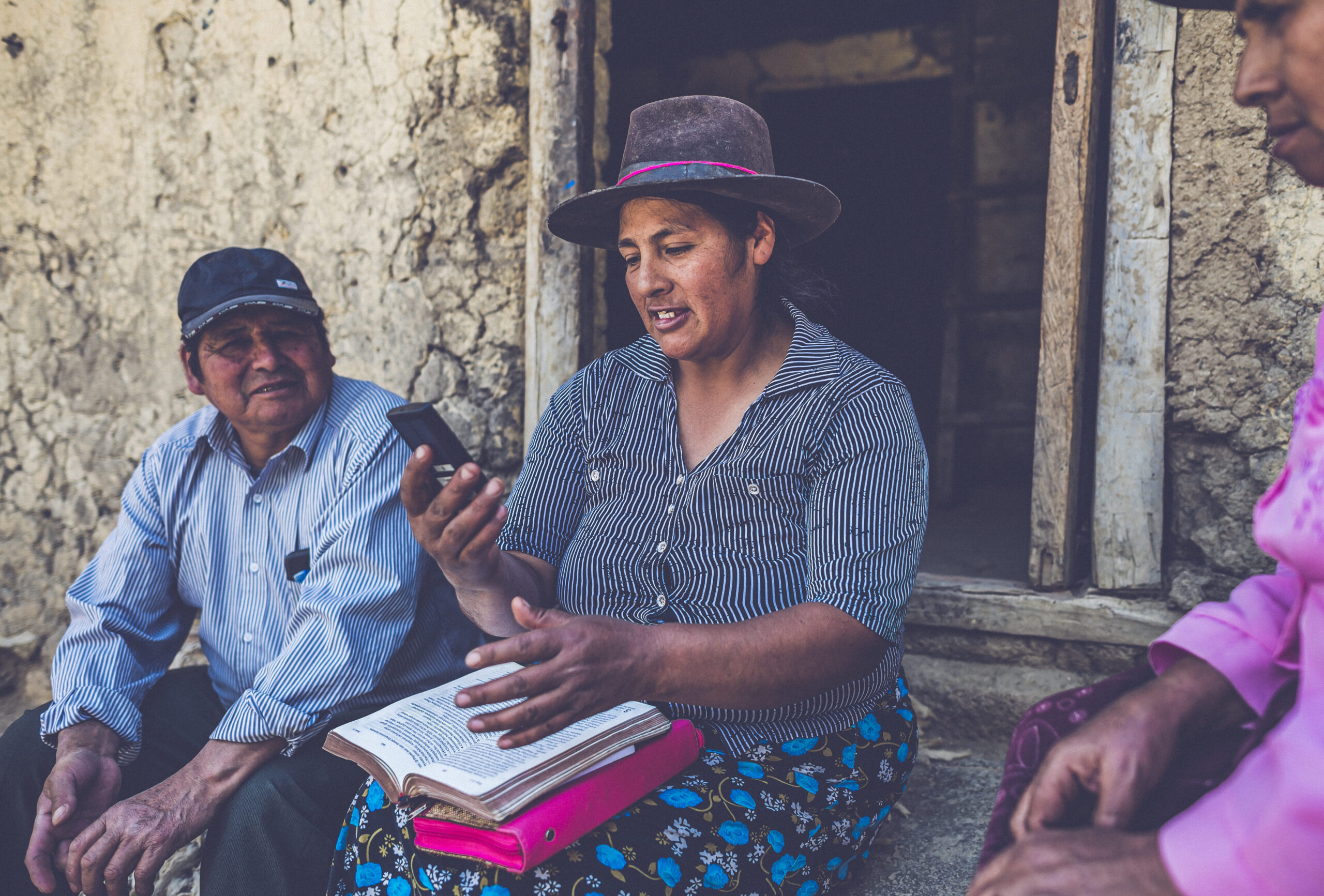
In 2026, we renew our call to stay connected: to Christ, to one another, and to the communities where the gospel is least known. Join us in prayer as we pu...
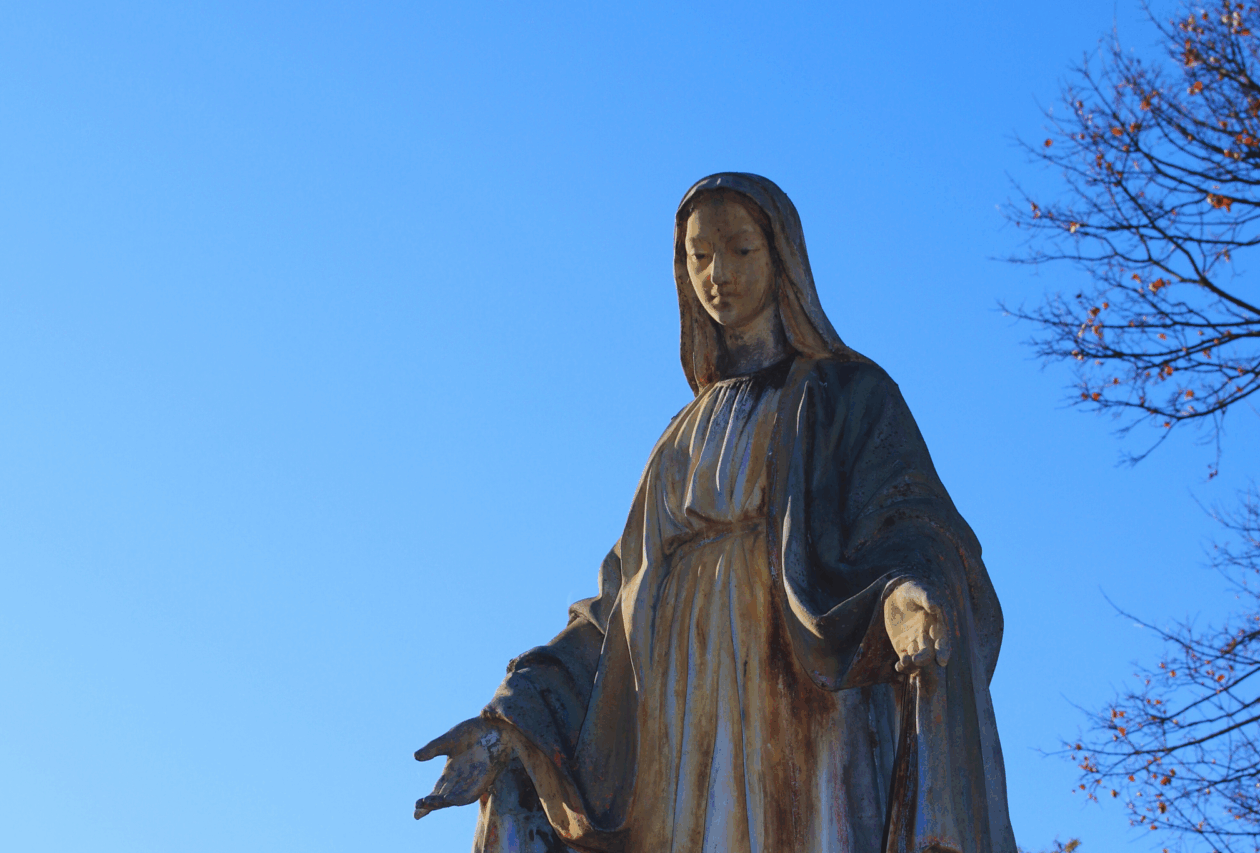
When León and Mari arrived in the spiritually resistant town, they faced hostility and isolation. But through patient presence, genuine relationships, and...
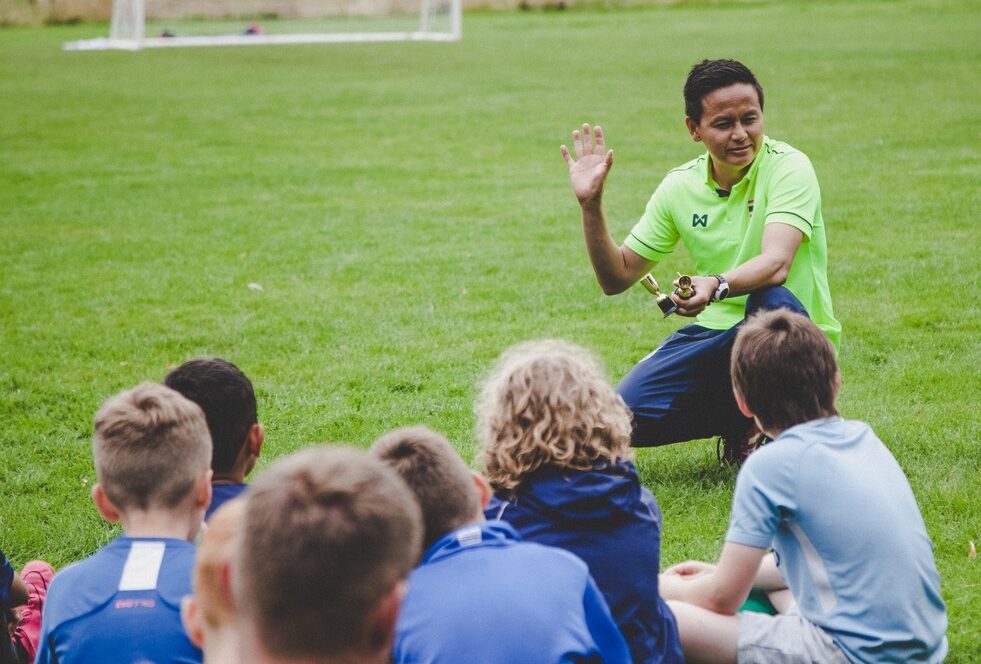
In Radcliffe, UK, children without father figures find hope through Sports Friends coaches. They are finding mentorship, love and learning about the faithf...
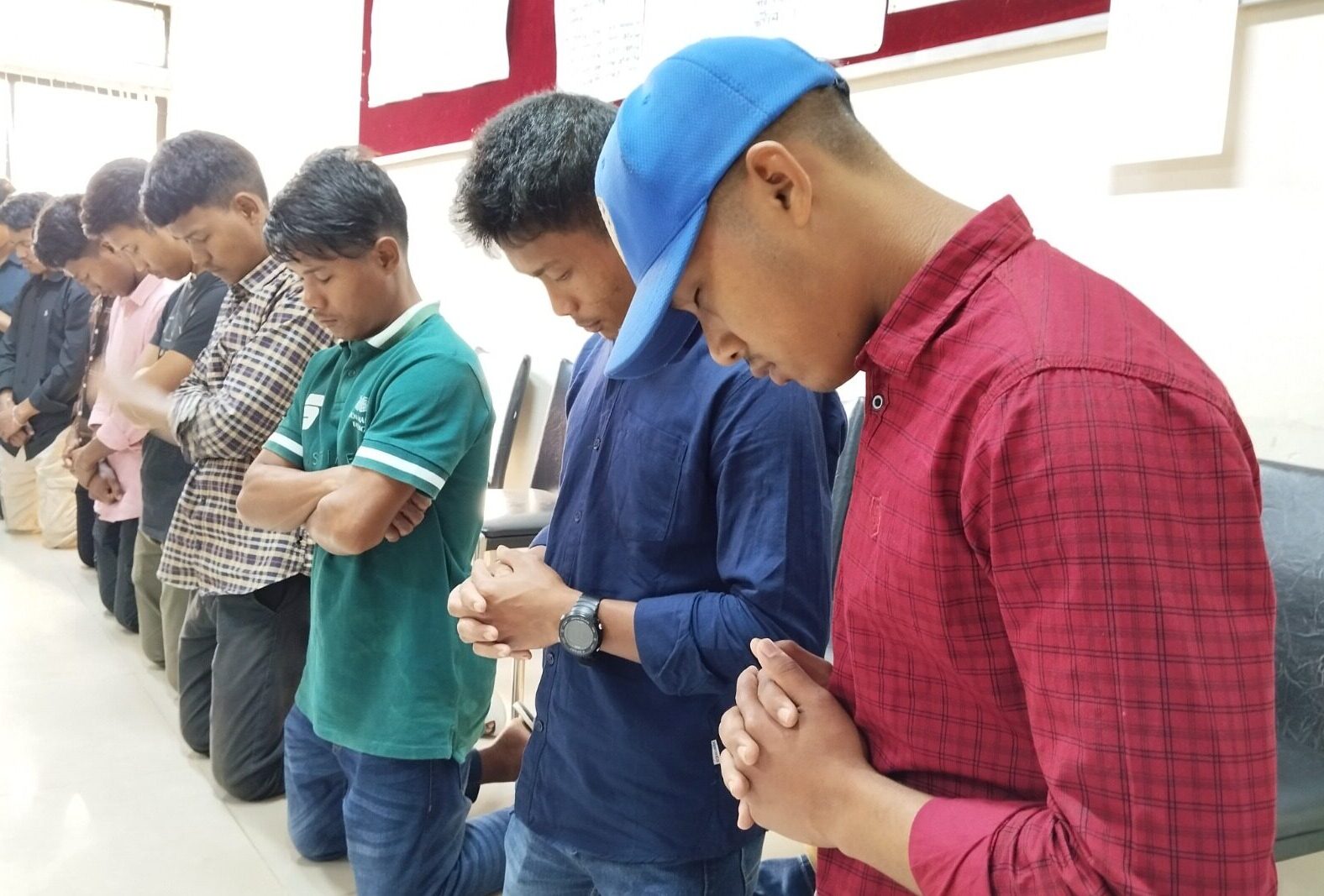
For many around the world, Christmas Day passes quietly unnoticed and uncelebrated. Faithful Witness asked what December 25th looks like in communities whe...

Raised Muslim in South Asia, Joel* longed to know who God truly was. Through SIM programmes, Christ brought light, joy and deep faith into his life.
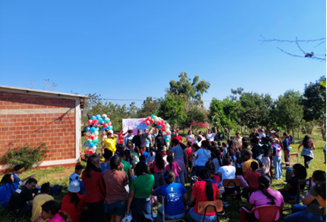
How do you hold on to God’s word when you can’t hold it in your hands?
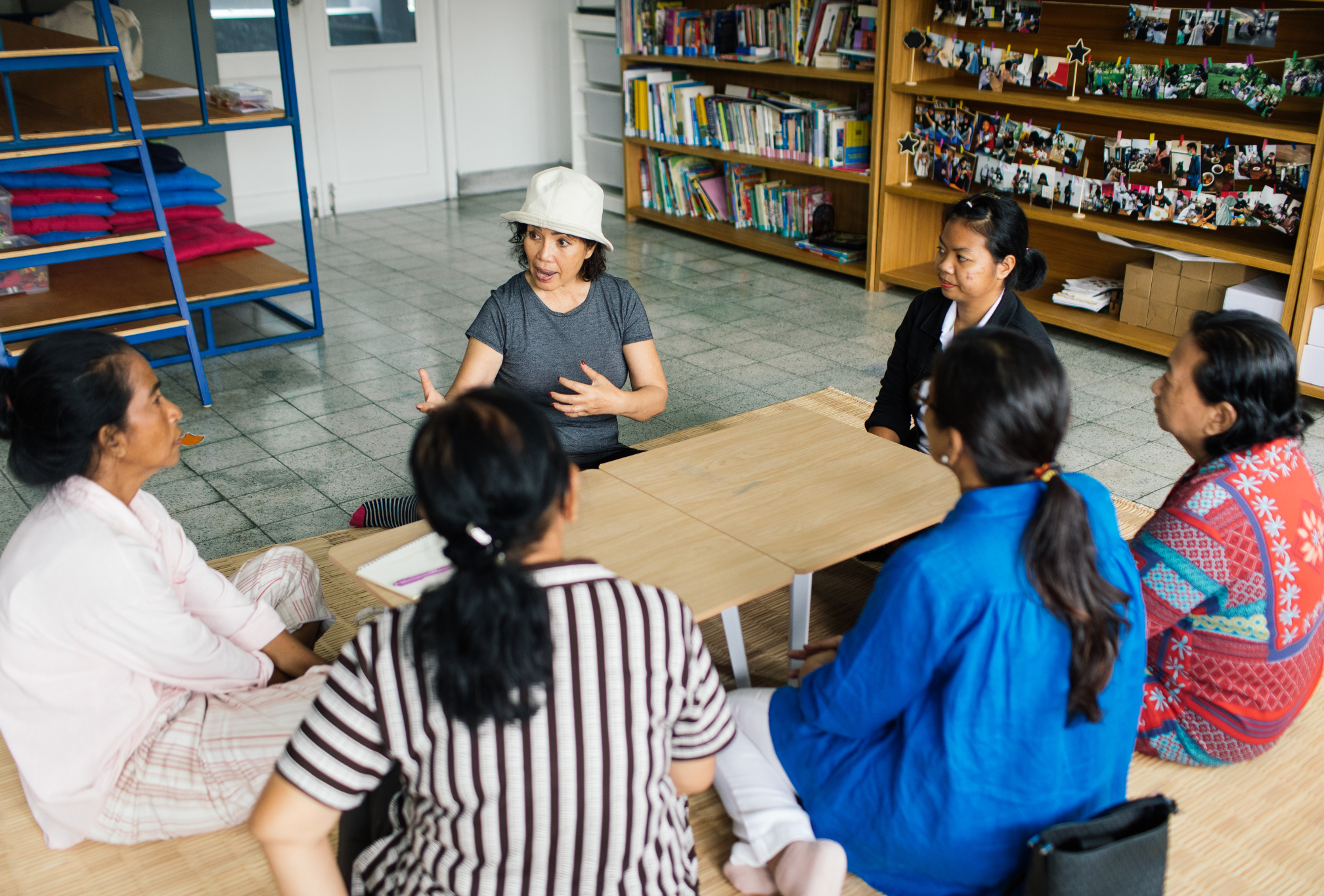
When Kamal and Sunita first came to Shalom Clinic, a Hope for Life ministry in South Asia, they were emotionally and spiritually exhausted. Poverty, addic...

After forty years of faithful mission service in Africa, a mission worker couple, based in the rural village of Nanjoka, Malawi, have now been called back ...
